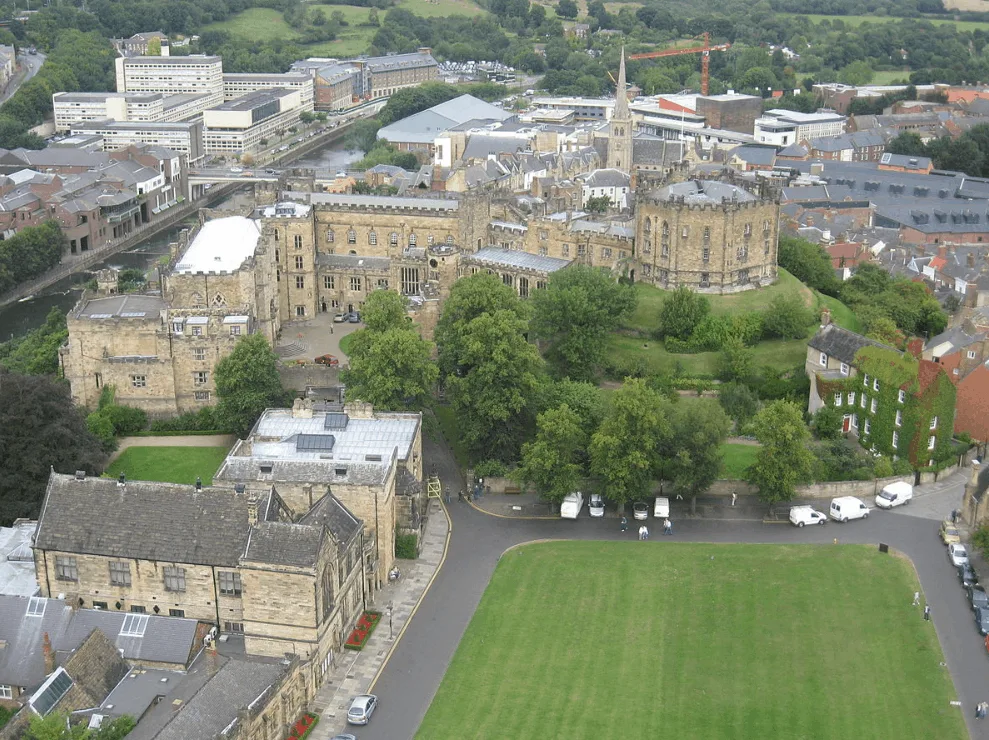The purpose of this Norman Castle has changed quite a bit as it’s currently occupied by about 100 students
In this post, you’ll discover the ultimate list of facts about Durham Castle.
1. It was built in the 11th century
Durham Castle is a castle in England that was constructed shortly after the Norman Conquest. It was William the Conqueror himself who ordered the construction, about 6 years after the conquest in the year 1072.
The castle in Durham is one of the dozens of castles that were built shortly after the Norman conquest of England.
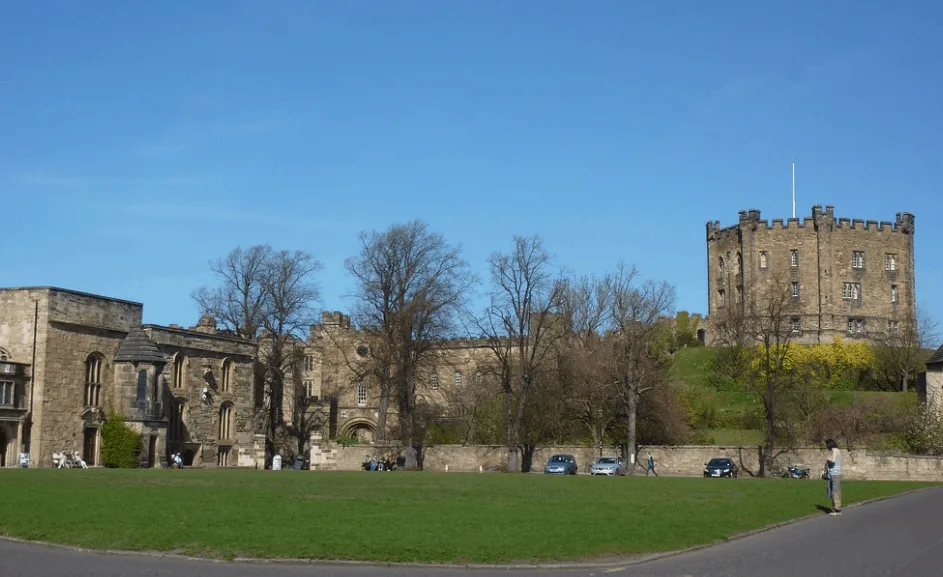
2. It’s located in the northeast of England
Durham is a city that has both a cathedral and a castle and is located in County Durham in the North East of England. The Norman Cathedral became a center of pilgrimage in medieval times.
The city lies on the River Wear and is located southwest of Sunderland, south of Newcastle upon Tyne, and to the north of Darlington.
The location of the city on the river was crucial for the decision to build a castle in Durham because it formed an extra line of defense.
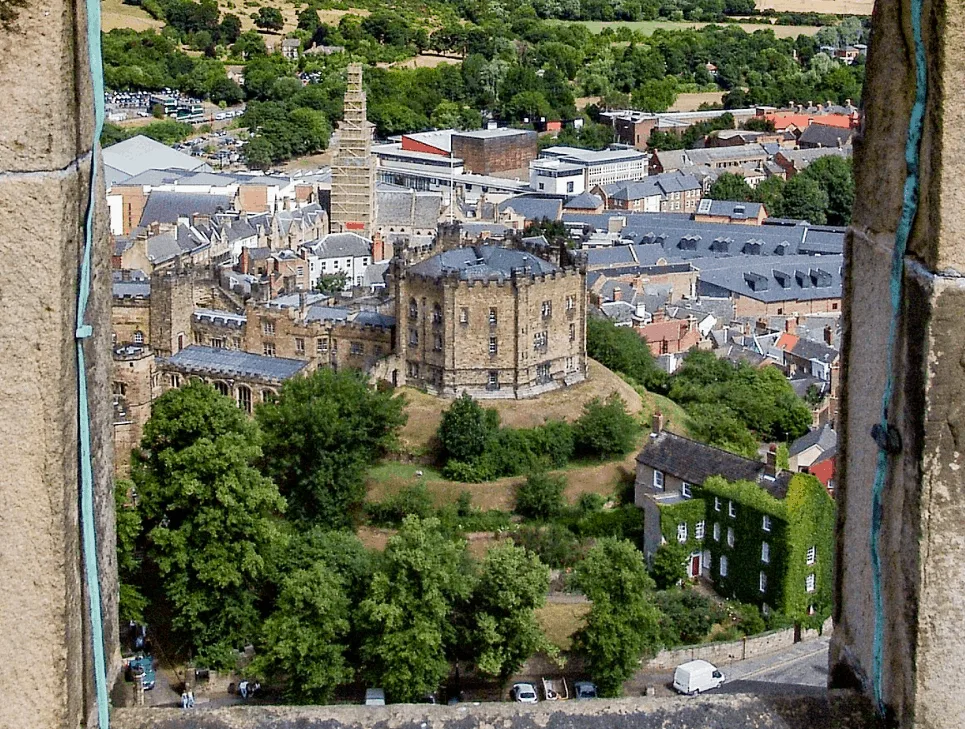
3. It was built as a motte and bailey
Since it was built shortly after the Norman conquest of England and on the orders of William the Conqueror himself, it was built with the same design as the dozens of other castles that were built in England during the late 11th century.
This means that a fortified tower called a keep was built on top of a motte, which is an artificial mound. The bailey was the fortified wall surrounding the complex and which was connected to the motte.
Whether or not the keep and other structures of the original castle were built with wood or with stone is uncertain. What is certain though is that Durham Castle’s keep is the only keep of all Norman Castles in England which didn’t suffer a breach since it was built.
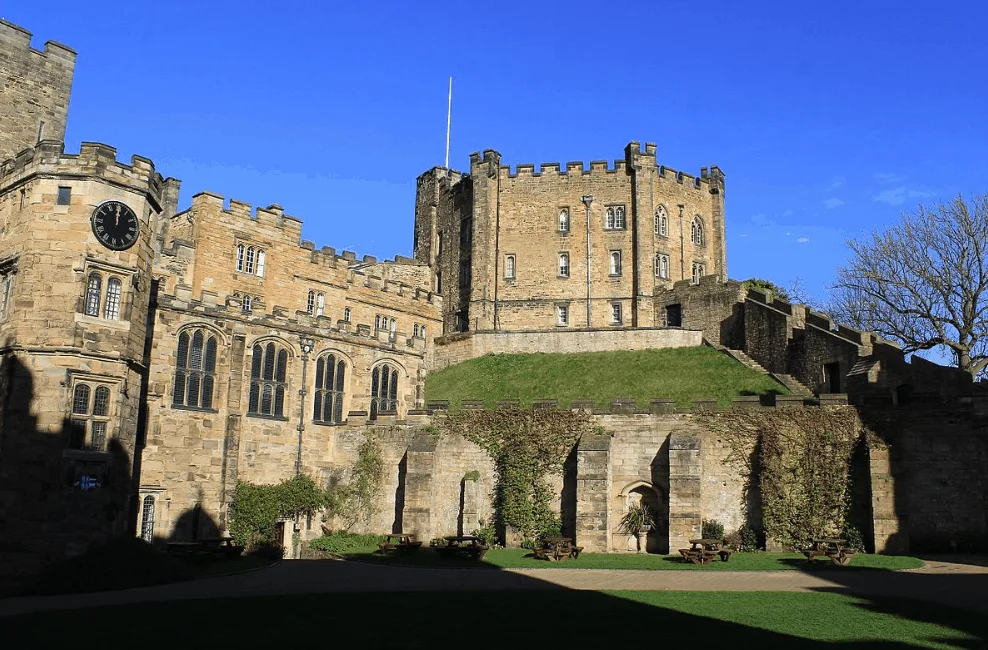
4. It’s possible that an Anglo-Saxon structure predated the Norman Castle
We don’t know if the original keep was made of wood or stone, but archaeological evidence does show that there was a pre-existing Anglo-Saxon structure at the location of Durham Castle before it was constructed.
This simply means that the castle was built on top of the pre-existing structure, something not uncommon and also done with the castle at Dover for example.
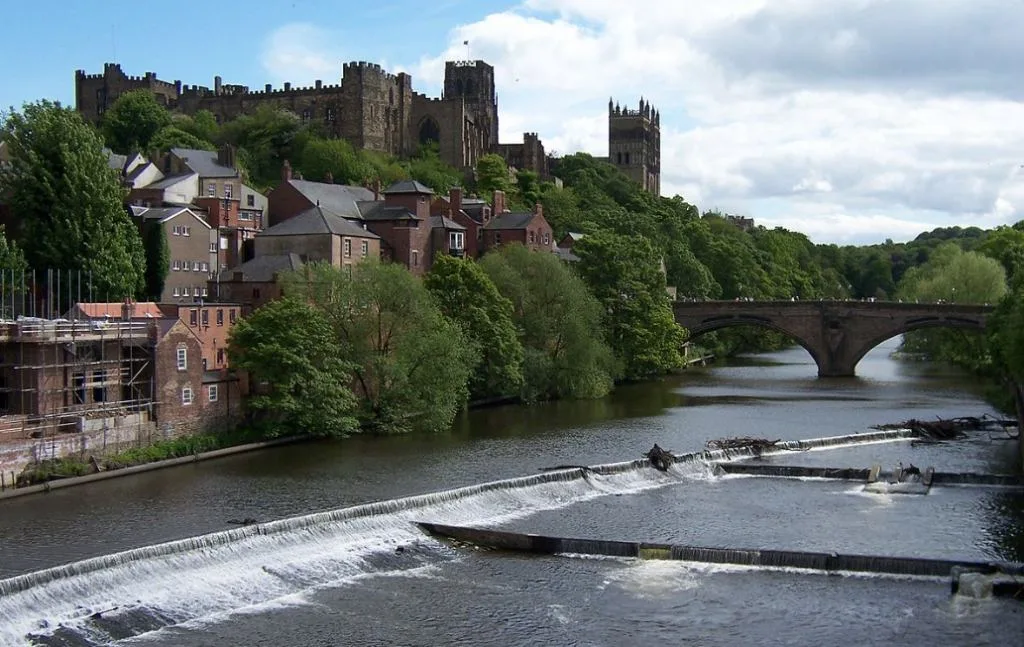
5. The supervisor of the construction was executed shortly after
The construction of Durham Castle was done under the supervision of the last of the Anglo-Saxon earls, Waltheof, Earl of Northumbria.
Just 3 years after his role in the construction of the castle, he rebelled against William the Conqueror and was eventually beheaded in 1076 after spending an entire year in confinement.
His actions and the consequences of them made him earn the sad honor of being the only English aristocrat to be executed during the reign of William I.
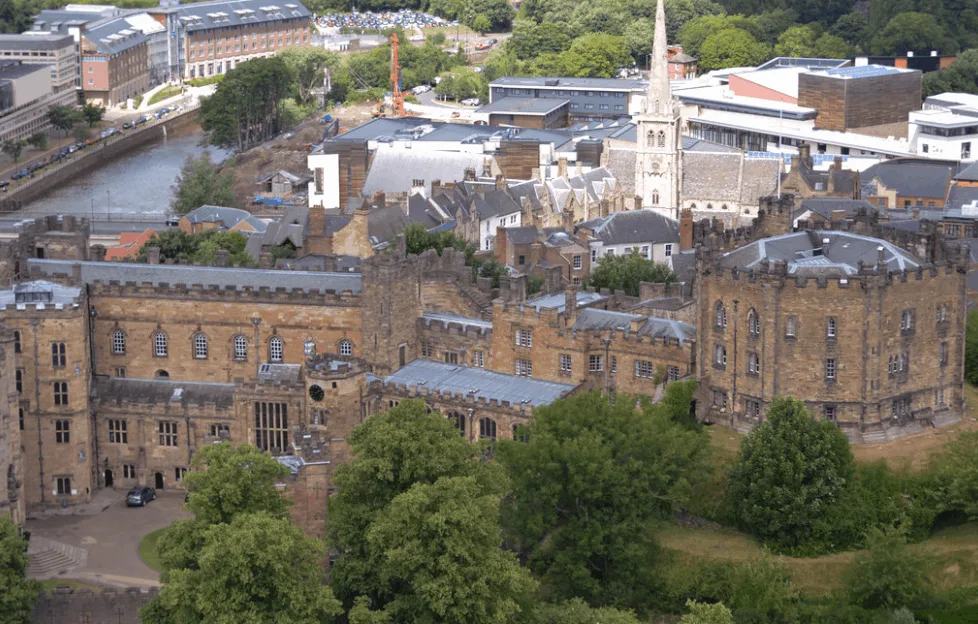
6. It became the seat of the Bishop of Durham
The Castle of Durham ended up becoming the seat of the Bishop of Durham after Bishop William Walcher purchased the earldom of Northumbria.
This made him the first of the Prince-Bishops of Durham, a title every Bishop of Durham held until the 19th century.
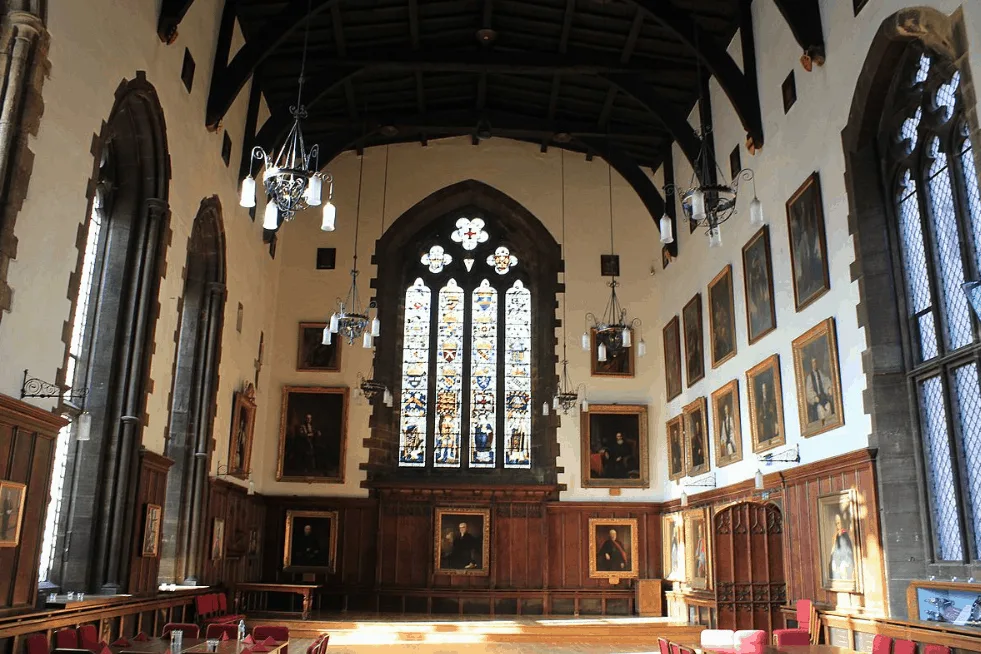
7. The Bishop of Durham acquired great powers
The title of Prince-Bishop wasn’t something to underestimate as it came with a large number of powers. The reason was that it lay too far from Westminster to be controlled from there.
Some of these powers included that they could hold their own parliament, raise their own armies, appoint their own sheriffs and Justices, administer their own laws, levy taxes and customs duties, and even mint their own coins!
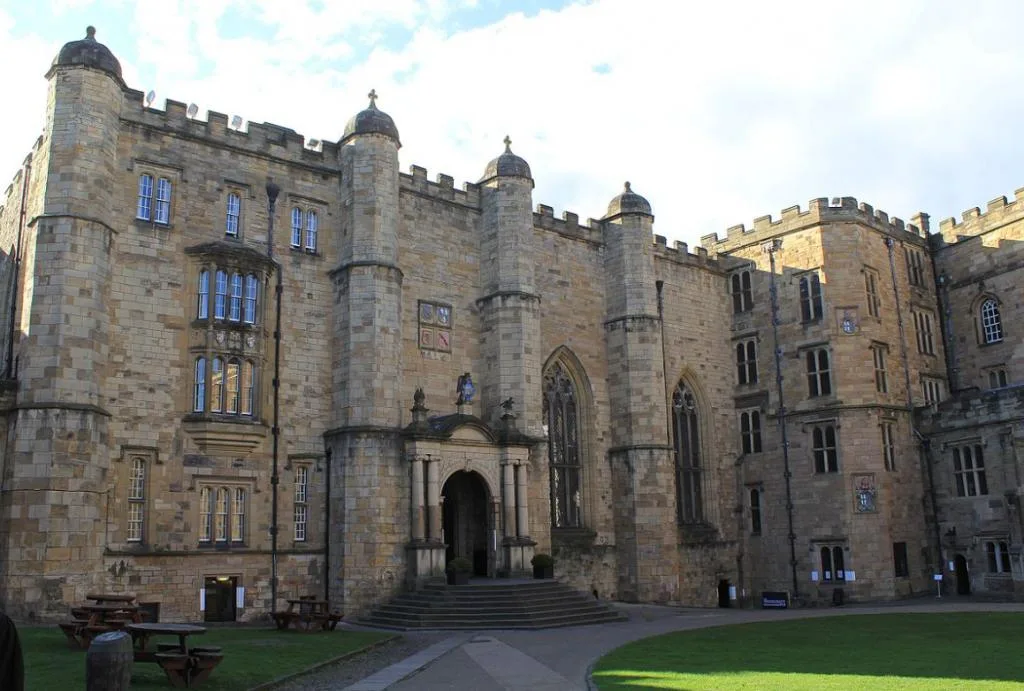
8. The castle’s main purpose was to defend the border with Scotland
Obviously, William the Conqueror didn’t order the construction of Durham Castle just so the Bishops of Durham could do whatever they want. The castle had a double purpose.
The first purpose was to protect the Bishop and his family from harm. After all, the first earl of Northumberland, Robert de Comines, was brutally murdered along with his entire entourage in the year 1069.
The second purpose was to defend the area from both invasions of the Scots and local rebels. Its strategic location made it one of the most important strongholds in the area.
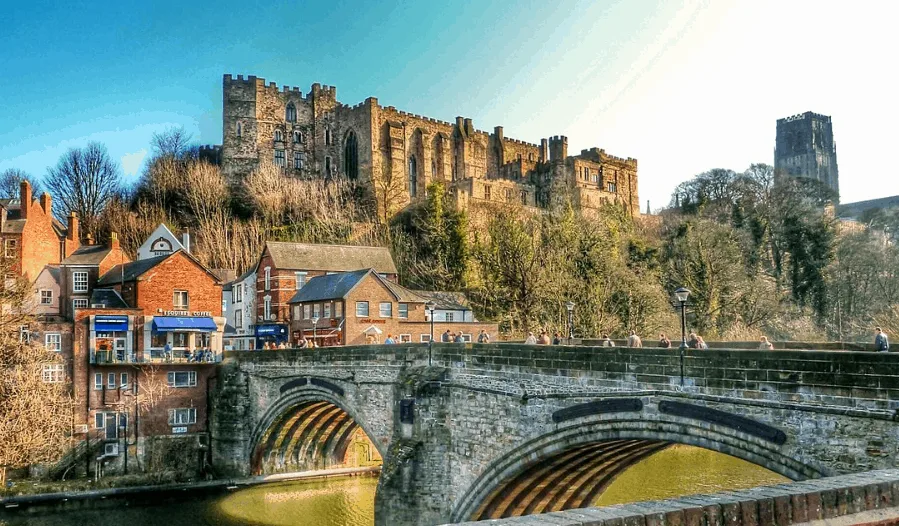
9. It remained the Bishop’s residence until the 19th century
The castle remained the official seat of the Bishops of Durham until they finally moved in 1832 to Auckland Castle, which was then made the bishops’ official residence.
The current Bishop of Durham still has offices at Auckland Castle, which is located in the town of Bishop Auckland in County Durham, until today.
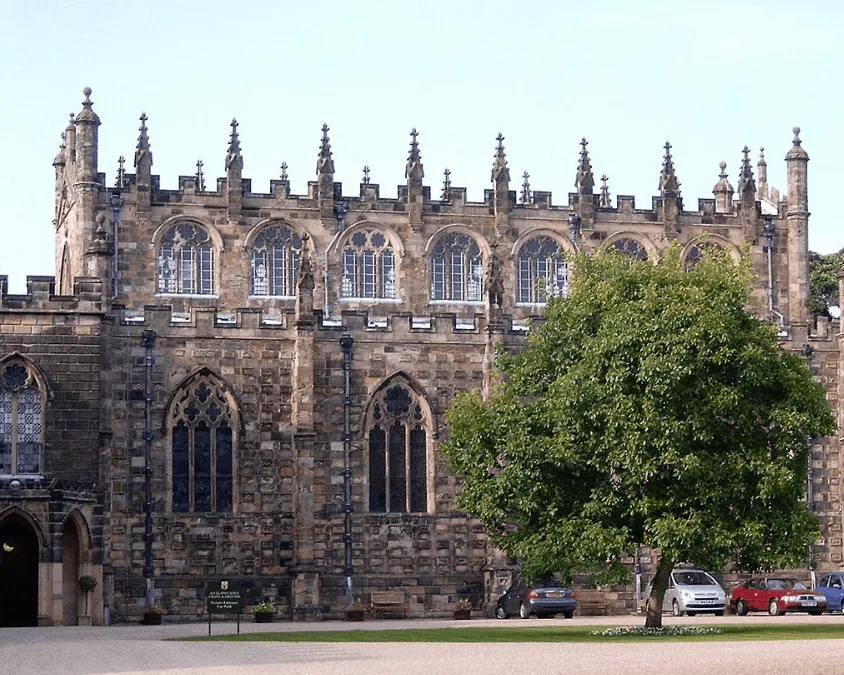
10. The castle was donated to the University of Durham
Shortly after the residence of the Bishop of Durham was moved from Durham Castle to Auckland Castle, the castle at Durham was donated to the University of Durham by Bishop William Van Mildert.
Right now, the castle still serves as the college of Durham and is home to about 100 students!
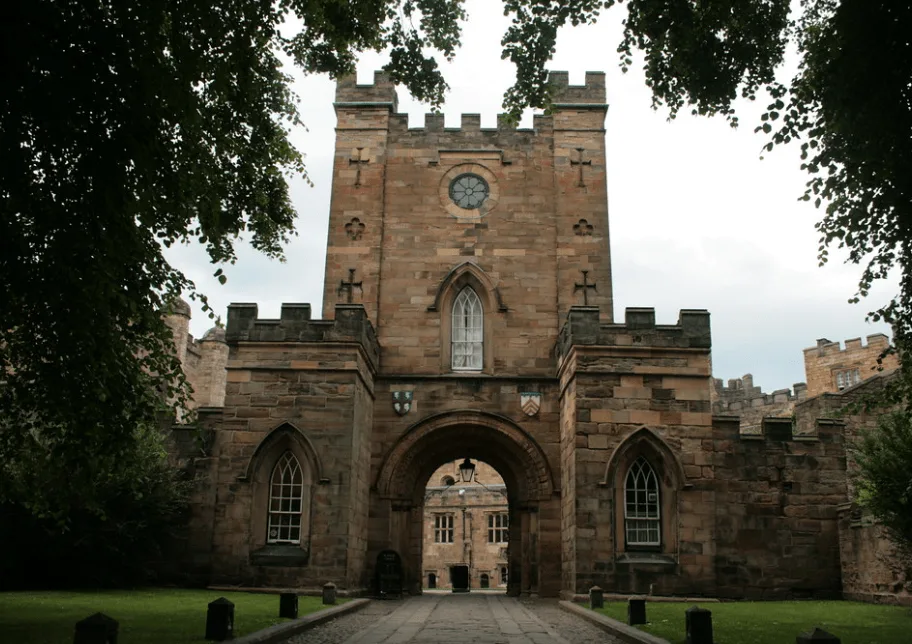
11. One of the castle’s chapels was used during World War II
The oldest structure of the entire castle that is still accessible is the Norman Chapel which was built in the year 1078. There’s also a second 15th-century chapel at the castle called “Tunstall’s Chapel” which is used by the college of Durham.
One of the most interesting facts about Durham Castle is that the oldest structure, the Norman Chapel, was used as a command and observation post for the Royal Air Force during World War II!
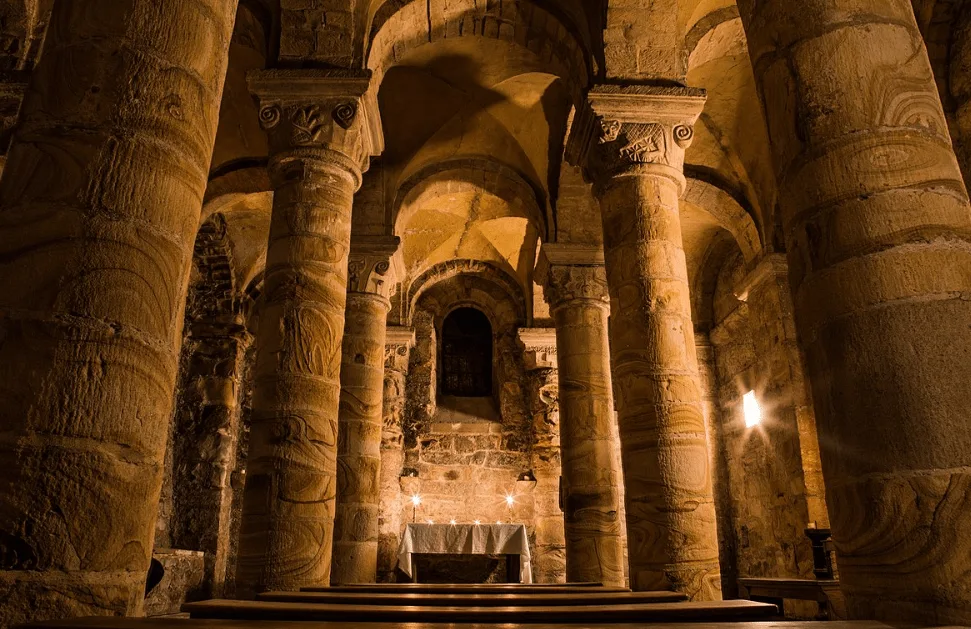
12. Durham Castle is a UNESCO World Heritage Site
Durham Castle is accessible to the general public, but only during scheduled and guided tours. This is for the reason that the buildings are still being used by the college of Durham.
Durham Castle, along with Durham Cathedral, has been designated a UNESCO World Heritage Site in the year 1986.
The entire complex is located on an area of 8.79 hectares (0.0339 square miles) and the castle and cathedral, along with the other buildings, are connected by an area called the “Palace Green,” a large area of grass in the center of Durham.
